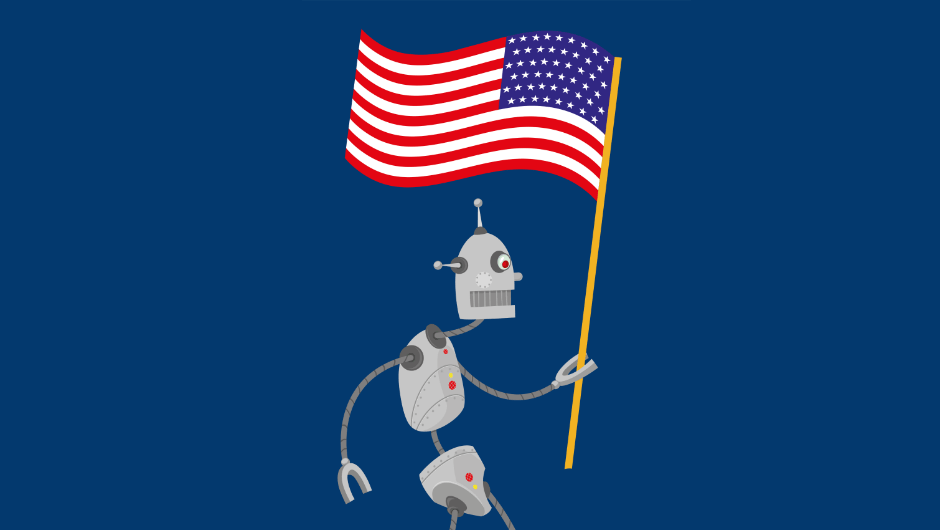Such technology aren’t making it more likely for workers to lose jobs in 10 industries, the authors found.
Concerns that rising technologies like AI and automation might wipe out wide swaths of American jobs aren’t secured by knowledge, in keeping with a Sept. thirteen report released by the non-profit-making, unbiassed data Technology and Innovation Foundation.
The report examines decades’ value of knowledge of data from the U.S. Bureau of Labor Statistics across ten industries—construction, leisure and welcome, skilled and business services, retail trade, transportation and deposit, wholesale trade, money activities, information, education and health services, and producing. The report found rates of job loss in every business were lower within the third quarter of 2020 than in 1995.
The third quarter of 2020 delineate a stabilization of the American job market following a big spike in job losses thanks to the COVID-19 pandemic that reached as high as 45% within the leisure and hospital industries.
According to the report, U.S. staff have a couple of 5.8% likelihood of losing their jobs across those industries in any given quarter, down from 7.3% in 1995.
The report is a rebuttal to what ITIF calls the public’s “growing perception” that job insecurity is a staple of the modern tech-driven economy, as technology and automation become integral to everyday business. It warns that if public perception “misaligns with economic reality, there will likely be knock-on effects that could undermine growth—since pressure for stability build opposition to innovation and globalization.”
“As unease grows, individuals may push lawmakers to enact stronger labor protections. But such laws could act as a drag on productivity if they limit the ability of firms to restructure work, as we see currently in Europe,” the report states. “Even more detrimental to innovation, workers and lawmakers may resist productivity-enhancing disruptions such as new information technologies or labor-saving robotics, even when such disruptions improve the economy. And they may pay attention to pundits calling for a tax on automation.”




